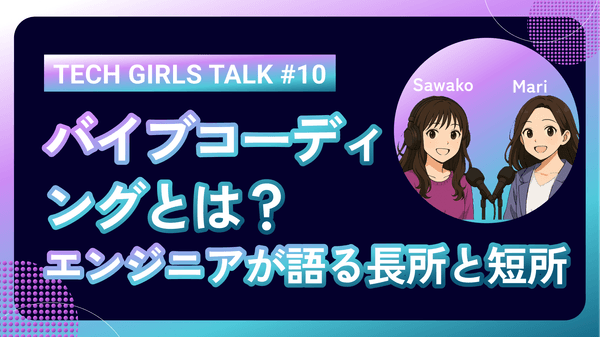An Introduction to YMYL (SEO)
We previously learned about SEO's concepts on EEAT but there is a very important and controversial section of EEAT that we absolutely must cover -- YMYL
6/28/2024

In our previous article, we discussed the significance of understanding SEO and important content concepts for enhancing your business's online visibility and success. Today, we delve deeper into a specific facet of SEO that has gained considerable importance in recent years, particularly for small businesses and startups, and that is YMYL or "Your Money Your Life."
YMYL is a term coined by Google to categorize pages or topics that could potentially impact a person's future happiness, health, financial stability, or safety. Understanding the subtle differences between YMYL and the E-E-A-T framework can be instrumental in shaping your understanding of what content to produce to attract visitors to your business.
Understanding YMYL
YMYL is an integral part of Google's search quality rating guidelines. According to an article by Search Logistics, "Google has a team of human 'Quality Raters' who follow these guidelines to rate the quality of search results. These ratings do not directly affect the search results, but they help Google improve its algorithms." The article further explains that the YMYL category covers a wide range of topics, including news, current events, finance, shopping, health and safety, groups of people, and legal matters. Therefore, it is crucial to understand that if your business falls under any of these categories, the quality of your content is under stringent scrutiny. The concept of YMYL is closely interlinked with Google's E-A-T (Expertise, Authoritativeness, Trustworthiness) guidelines. In fact, one could argue that the E-A-T guidelines are specifically targeted towards YMYL pages. When Google assesses YMYL pages, it looks for high levels of E-A-T.
In Google's Search Quality Evaluator Guidelines, YMYL is defined as "a type of page or topic that could potentially impact a person’s future happiness, health, financial stability, or safety." This includes a broad range of topics such as health and safety, finance, legal matters, and news. Google's guidelines are clear: these pages should come from reputable sources and contain accurate, up-to-date, and comprehensive information.
For instance, a webpage offering financial advice should ideally be written by a financial expert or at least cite reliable financial sources. Similarly, a health-related blog post must be backed by relevant scientific research or written by a health professional. This is to ensure that the information presented is not only accurate but also trustworthy.
The Controversy Surrounding YMYL
While the concept of YMYL seems straightforward, it has been the subject of much debate among SEO experts. Some argue that the guidelines are vague and subjective, leading to inconsistencies in how Google's algorithms interpret and rank YMYL content. This concern was voiced in Search Engine Journal's article, which pointed out that the lack of clarity around YMYL could potentially lead to biased results, as it is ultimately up to the evaluator's interpretation of what constitutes YMYL content.
Another controversy surrounding YMYL is the perceived bias towards larger, more established websites. In an article by SEOClarity, it was noted that smaller websites, even those with high-quality content, often struggle to rank highly in search results for YMYL topics. This apparent bias can discourage small businesses and startups, who may feel that they cannot compete with larger entities in terms of E-A-T and YMYL.
What's Next
Understanding YMYL and E-A-T is more than just a strategy for SEO. It's about delivering quality content that can positively influence your audience's life decisions as well as how large tech company algorithms judge that content. As small business owners and aspiring entrepreneurs, it's our responsibility to provide our audience with reliable, accurate, and trustworthy information. By doing so, we not only increase our online visibility but also establish ourselves as credible sources in our respective fields.
In the next part of our E-E-A-T series, we will delve deeper into how you can apply these concepts to your business strategy. Stay tuned!




